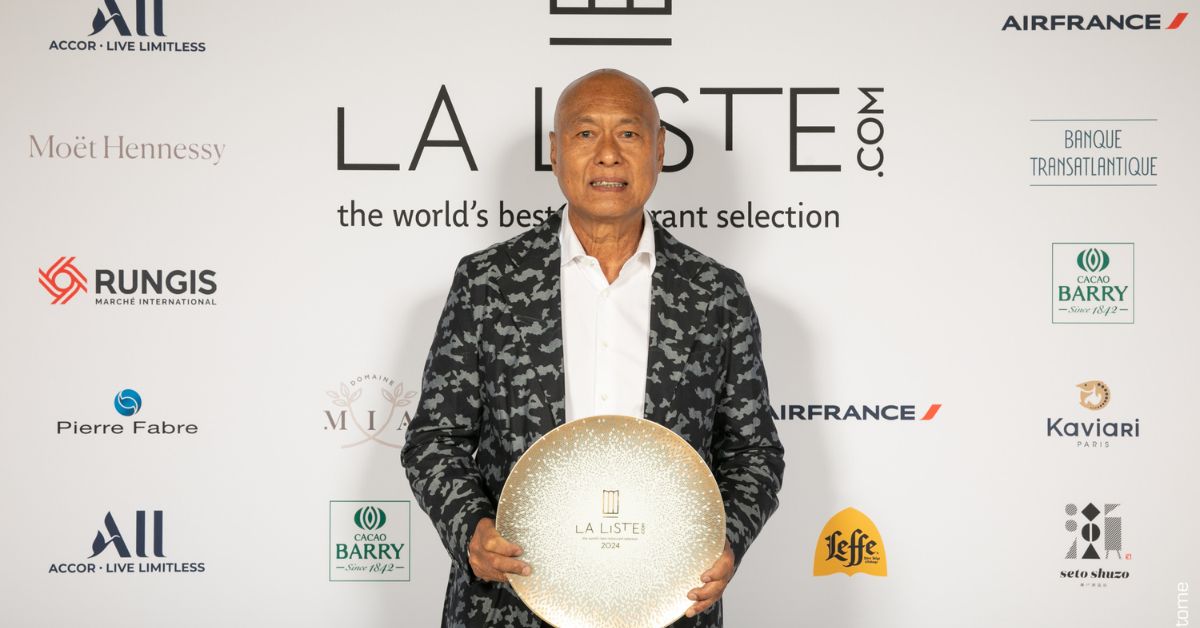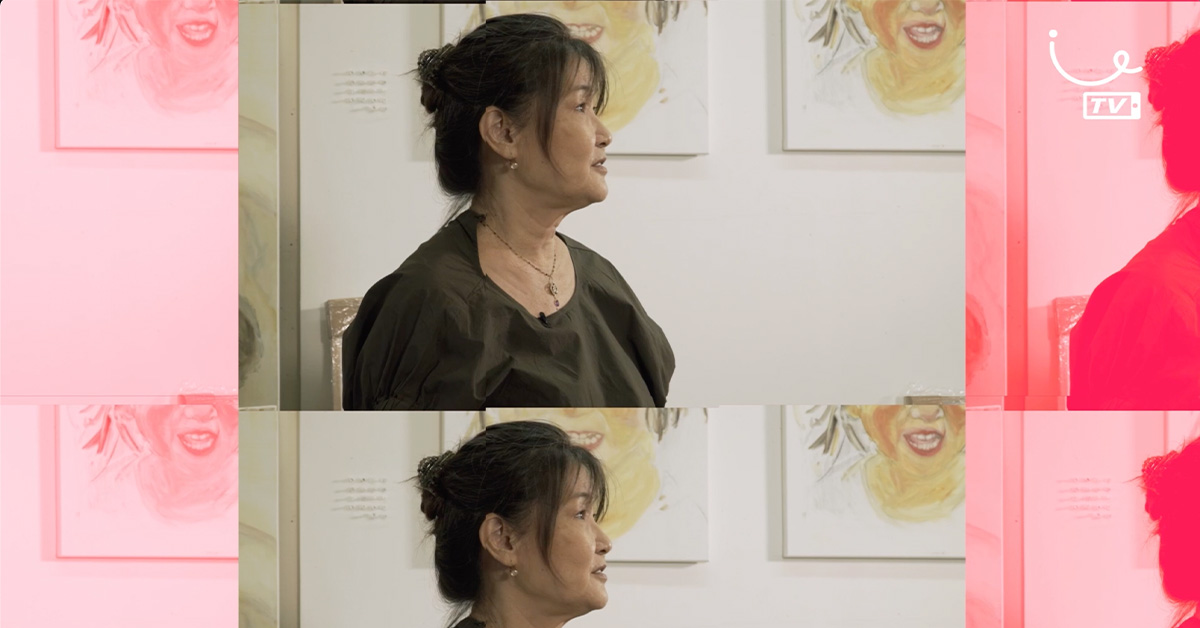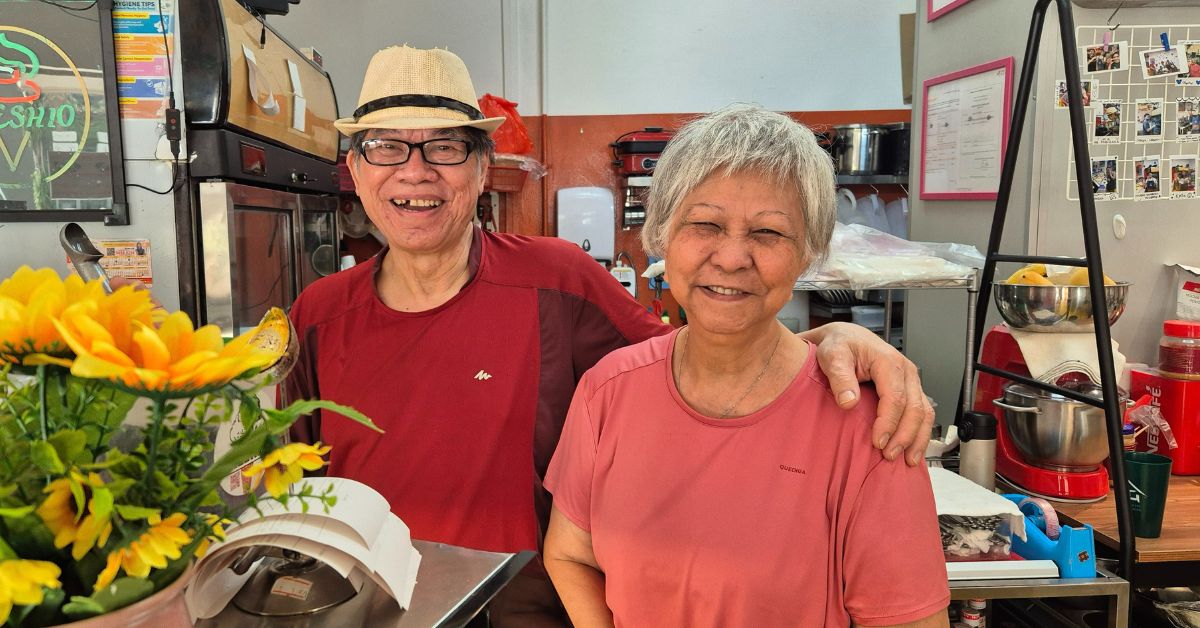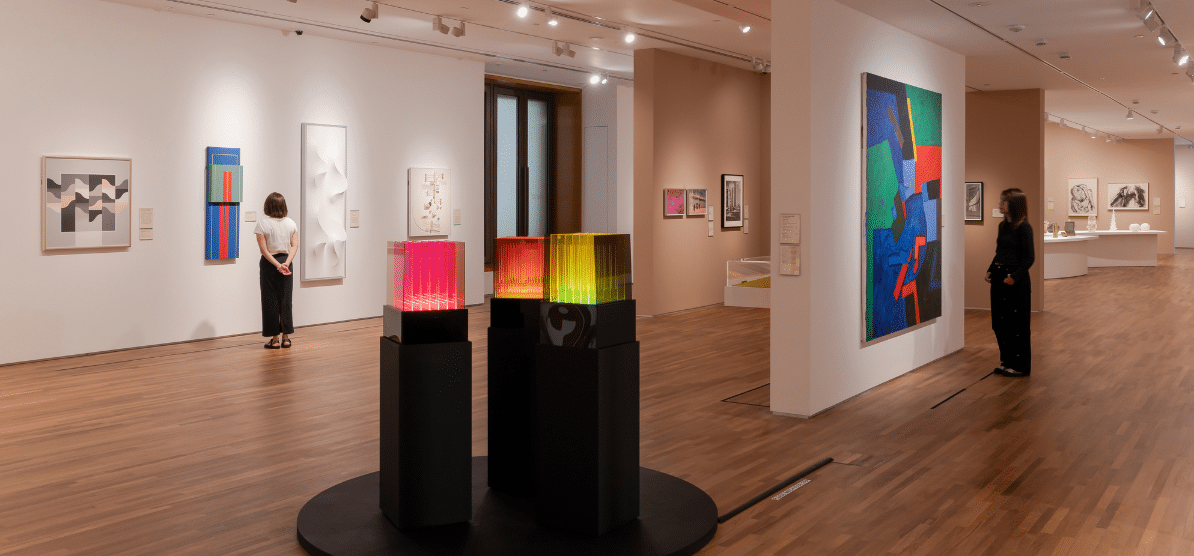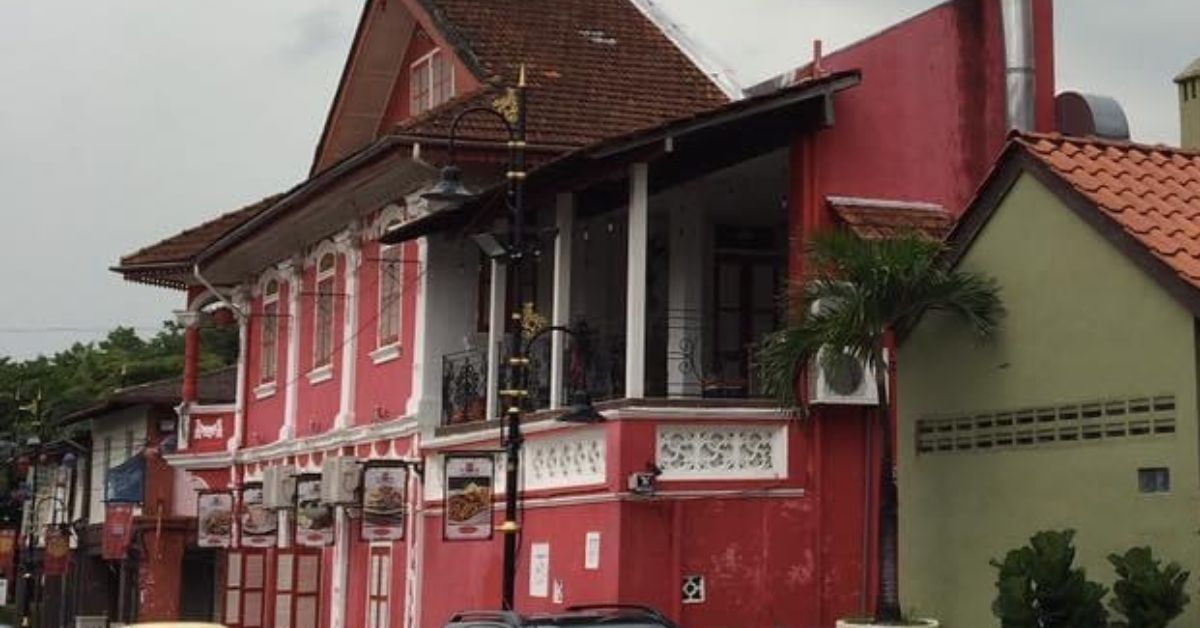
In Singapore, the countryside is the city, and the city is the countryside. Unlike most major cities in the world, Singaporeans cannot permanently escape to the countryside for a potentially less intense lifestyle — unless they decide to uproot and live abroad in Thailand, Australia or a place closer to home like Johor Bahru.
After all, global connectivity is continuing to grow (and inclusivity, the newest buzzword, along with it). More options are becoming available to Singaporeans to escape city living and find some quiet, if they are so inclined.
Moreover, Singapore is one of the most expensive cities in the world, and its layman is likely increasingly feeling the cost pressures.
The countries listed above are some of the overseas retirement destinations of choice, thanks to comparable — or in some cases, far cheaper — costs of living and relative proximity to Singapore, just in case they want to nip back home to visit the grandkids.
Let’s break down the closest option for Singaporeans wanting to live abroad: The neighbouring state of Johor Bahru in Malaysia.
Advertisement
Impact of Singaporeans moving into Johor Bahru
Anecdotal evidence suggests a shift has already started.
Property agents in Johor Bahru are reportedly seeing a growing number of inquiries from Singaporeans looking to rent or buy a property in Johor Bahru.
From the outset, it should be said that if a Singaporean is considering buying a property in Johor Bahru, then he and his family must stay in it. Keeping a house or apartment empty in Johor Bahru typically leads to problems.
For example, during the lockdowns, many houses and flats left untended by their Singapore-based owners fell into a state of disrepair.
Meanwhile, rental yields are not attractive in Johor Bahru, though there are also nascent signs from property agents and tenants that rental prices have been on the rise since the lockdowns ended.
Settingup home in Johor Bahru
My wife and I moved into Johor Bahru from Singapore seven years ago. We had decided early in our marriage that we would leave Singapore at some point.
Neither of us had direct family members in the city-state at the time we moved. Having no kids made the decision easier too. In the end, we decided on Johor Bahru because of its proximity to Singapore.
We opted against living in a gated community, and bought a place on a somewhat secluded street in town, close to where my wife grew up.
Even though she is Johorian, she is a product of the Singapore system that regularly highlighted crimes in Johor Bahru against Singaporeans in the decades after independence.
As such, security was her big concern. When we were renovating the house, we put in an alarm system, 16 CCTV cameras and coils of barbed wire on the top of some of the perimeter walls.
We also have three dogs, two of whom can look quite scary to outsiders.
Within a week of our arrival in Johor Bahru, we stopped using the house alarm.
After three months, we left the back porch door slightly open at night so that the dogs can go out to the back garden to do their business. Then, we switched off the front porch lights.
In the meantime, the CCTV cameras soon proved useful only to look out for delivery men at the gate, and where the dogs are within the property.
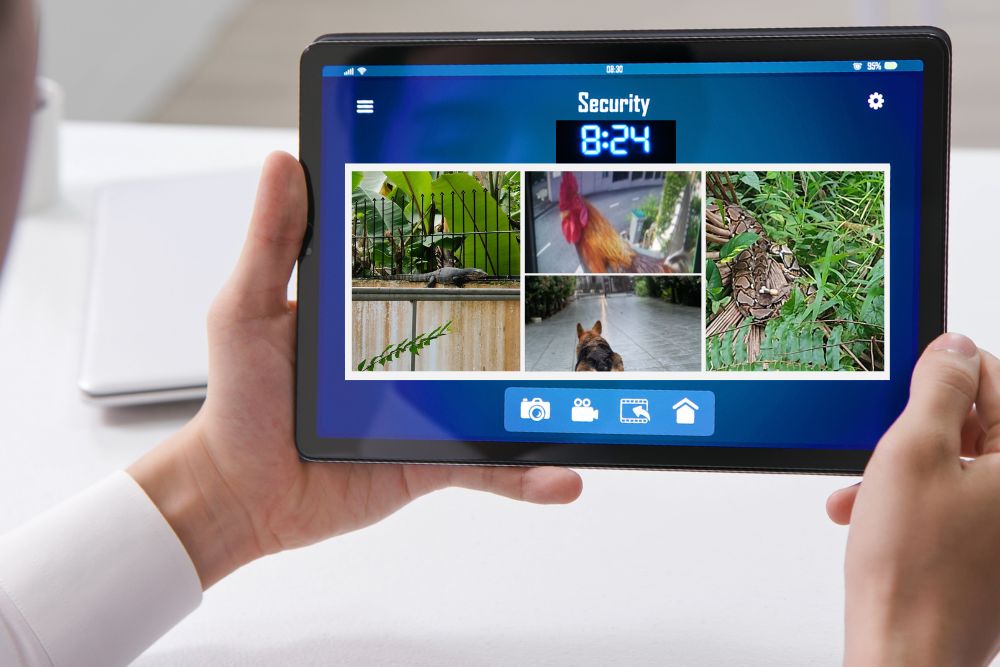
The only encroachment we have encountered so far in the house is from animals, the more exotic of which are snakes, biawaks (monitor lizards) and chameleons.
Unluckily for them, they are considered fair game by the dogs, and I have had to pick up dead carcasses a few times.
Personally, seeing a snake in the garden made me jump the first couple of times, but you soon learn that they mind their own business, and would prefer not introduce themselves.
Getting to know every "man" for each job
The longer you live in Johor Bahru, or any new place for that matter, the larger your ecosystem grows.
Our contractor who did the renovation is the go-to person for fixing roof leaks, doing additional tiling, putting up new water pipes, or for seeking the services of plumbers or electricians.
He doesn’t do the work himself – he has a team of workers to help, or he outsources to trusted partners.
Apart from this, you can always find a “man” to help out.
There is a man who specialises in repairing washing machines and dryers.
There’s a man who does work on our electric gate when it acts up.
There’s a man who puts up extra fencing and did an extension to our roof.
There’s a man from Pakistan who cuts branches high up on the trees.
Then there’s the CCTV repair man who is afraid of our biggest dog, the man from the nursery who delivers plants, herb, and organic soil, and will dig holes for us if we ask nicely.
We have a relatively new neighbour whose wife cooks mee siam and nasi lemak every morning to sell outside a nearby private hospital, and we order from them sometimes.
There’s a man from Kulai who made new covers for our living room sofa.
There’s a man to change our car battery if it dies on the driveway.
There’s even a man who came to the house one morning to repair the wheels and handles on our neglected travel bags after the lockdowns.
The list goes on, but you get the point: Building such relationships is key to a smooth transition into Johor Bahru, as I would expect to in any other new place one lives in abroad.
Easing into a rhythm in Johor Bahru
Johor Bahru itself is three times the size of Singapore and there are numerous satellite towns in this huge area.
Bigger towns are typically marked by the presence of banks, KFC and McDonald’s outlets.
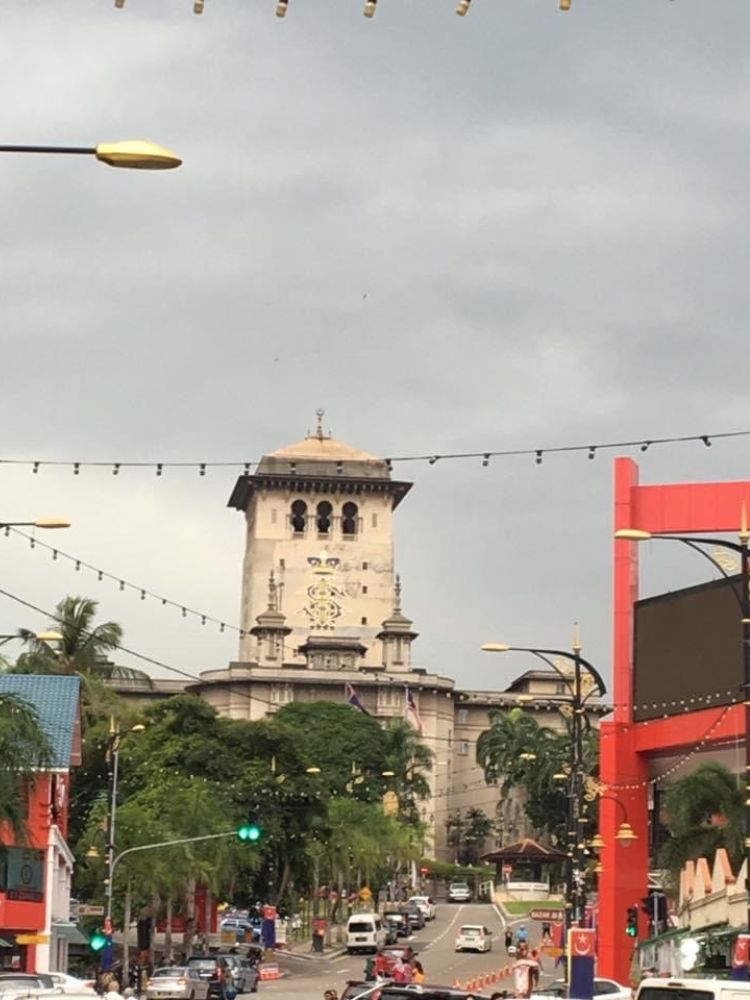
Public transport is poor, or more politely, you can say a work in progress, and you certainly need your own car to get around.
The best thing about owning a car outside Singapore is that you can own it until it doesn’t run any more.
Singaporeans living abroad require this mindset change: You have to understand that Singapore’s efficiency is the exception rather than the rule.
If you have lived abroad for an extended period, you will already know this. It makes life easier if you stop comparisons with Singapore altogether.
In its essence, it just doesn’t make sense to compare a city with a country.
Living in Johor Bahru ultimately gives you a more expansive perspective on life. You have to physically go further to find things that are pleasing.
At the same time, the authorities leave you alone. You find the rhythm of the place without any external influence, and then ease into it. As with most things in Johor Bahru, growth is organic.
For those not in a rush to do things, this tends to seamlessly apply to your personal growth as well.
How is Johor Bahru different from Singapore? Here are 8 anecdotal takes:
- Open space: The feeling of open space is apparent soon after you cross the Malaysian border into Johor Bahru from Singapore. Malaysia is a big country and vast open spaces are common. Not for the agoraphobic.
- Call to prayer: As a predominantly Muslim country, the call to prayer, or azan, is an integral part of the society’s fabric. Azan is loud so that it can be heard by worshippers far away. For non-Muslims, it is part of everyday life.
- Motorcades: Swiftly-moving motorcades, with flashing blue lights, are common on Johor Bahru roads as dignitaries such as the Sultan of Johor and members of his family travel by road. The motorbike outriders will gesture to other vehicles to stay out of the way. These outriders are highly skilled, moving at high speeds while gesturing with their free hands.
- Halal vs non-halal: Non-halal and halal sections of supermarkets are separated. Payment for non-halal items such as ham or bacon is made at counters in the non-halal section. Alcohol such as wine, whisky, and beer is also sold in non-halal sections.
- Fireworks: The sound of fireworks is common across most public holidays including Hari Raya and Chinese New Year in Johor Bahru. People can set off their own fireworks, including the legendary red firecrackers.
- Serve yourself: Many rice-and-three-dishes shops/stalls are set up so that customers can serve themselves. People will generally not overload their plates and take just what is enough. Proprietors or their assistants will then add up your bill and you pay after the meal.
- Modest clothing: Non-Muslims tend to dress more conservatively in Malaysia as they don’t want to cause offence, and as a sign of respect to others. You can be sure that anyone wearing ultra-short shorts or revealing dresses is not from these parts.
- Handbag grabbers: Snatch theft is still a problem in Johor Bahru, with visitors from Singapore typically the targets. People simply have to be more aware of their surroundings. For example, if walking, make sure there are no motorbikes tailing you, waiting to pounce in a vulnerable moment.

